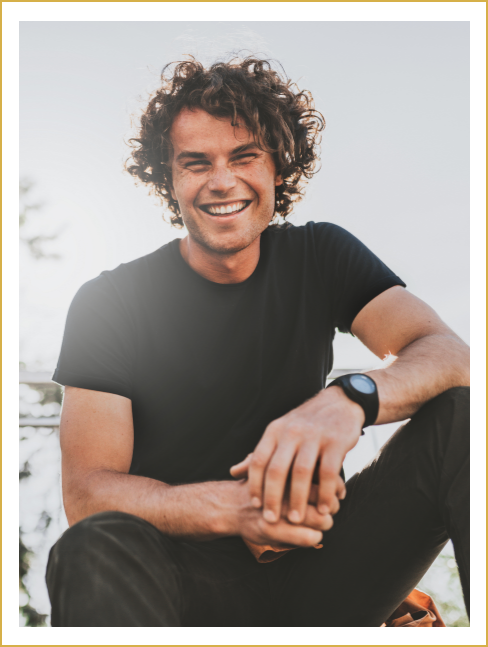 Substance abuse does not simply happen on its own. For many people, drug and alcohol addiction is a symptom of a deeper and unresolved issue. More often than not, these issues are psychological in nature. When people struggle with a substance abuse problem and a mental health issue simultaneously, it is known as having co-occurring disorders or a dual diagnosis. Since it involves mental illness and drug addiction, dual diagnosis is a complex condition that can be exceedingly difficult to treat. At California Recovery Centers, our dual diagnosis treatment program can help overcome addiction and manage mental health symptoms.
Seeking addiction treatment while living with co-occurring disorders is crucial to ensure happiness, health, and long-term sobriety. When seeking help, you may feel overwhelmed with the options that lay before you. Fortunately, dual diagnosis treatment is a cornerstone of our addiction treatment programs in the South Bay Area.
Substance abuse does not simply happen on its own. For many people, drug and alcohol addiction is a symptom of a deeper and unresolved issue. More often than not, these issues are psychological in nature. When people struggle with a substance abuse problem and a mental health issue simultaneously, it is known as having co-occurring disorders or a dual diagnosis. Since it involves mental illness and drug addiction, dual diagnosis is a complex condition that can be exceedingly difficult to treat. At California Recovery Centers, our dual diagnosis treatment program can help overcome addiction and manage mental health symptoms.
Seeking addiction treatment while living with co-occurring disorders is crucial to ensure happiness, health, and long-term sobriety. When seeking help, you may feel overwhelmed with the options that lay before you. Fortunately, dual diagnosis treatment is a cornerstone of our addiction treatment programs in the South Bay Area. Understanding Dual Diagnoses
A dual diagnosis occurs when an individual has a mental health issue along with drug or alcohol addiction. The most common mental health issues associated with substance abuse include anxiety, depression, post-traumatic stress disorder (PTSD), schizophrenia, and bipolar disorder.
People with addiction issues and mental illness have symptoms that overlap and create a unique situation for treatment. At its core, people are at greater risk of developing a dual diagnosis if they have the following characteristics:
- They cannot remember the last time they experienced any peace or joy without the use of substances. It is often the case that people will self-medicate with substances when confronted with sadness, depression, and isolation. If people need substances in order to find comfort, that could be a sign of a deeper issue.
- They have stress and anxiety issues that are long-standing and unresolved. While most people experience these feelings in daily life, those feelings create havoc when not addressed healthily. As a result, they may resort to drugs and alcohol to numb those feelings. While substances can provide some relief in the short term, it does not address the root cause. As a result, those feelings can blossom into a mental illness, and they may also develop a substance abuse problem.
- They may have experienced unresolved trauma in the past. The source of trauma can include a sudden death of a loved one, surviving a natural disaster, or experiencing a war-type situation, among others.
- They may come from families with a history of mental illness or addiction.
Dual diagnosis does not exclusively apply to those with an addiction to drugs or alcohol. It can also occur in those who have “process” addictions, such as gambling addiction, food addiction, and sex addiction.
Recognizing Co-Occurring Disorders
Some signs and symptoms that dual diagnosis may be present include the following:
- Social withdrawal from family and other loved ones
- Wide mood swings
- The onset of insomnia or other sleep issues
- Excessive feelings of worry
- Intense feelings of despair, hopelessness, and worthlessness that do not subside
- Difficulty in keeping up with work, school, or family obligations
- Relationship issues
- Dramatic shifts in moods or energy levels
If you are experiencing these symptoms and struggle to manage your emotions and substance use, our dual diagnosis treatment program can help you address your issues.
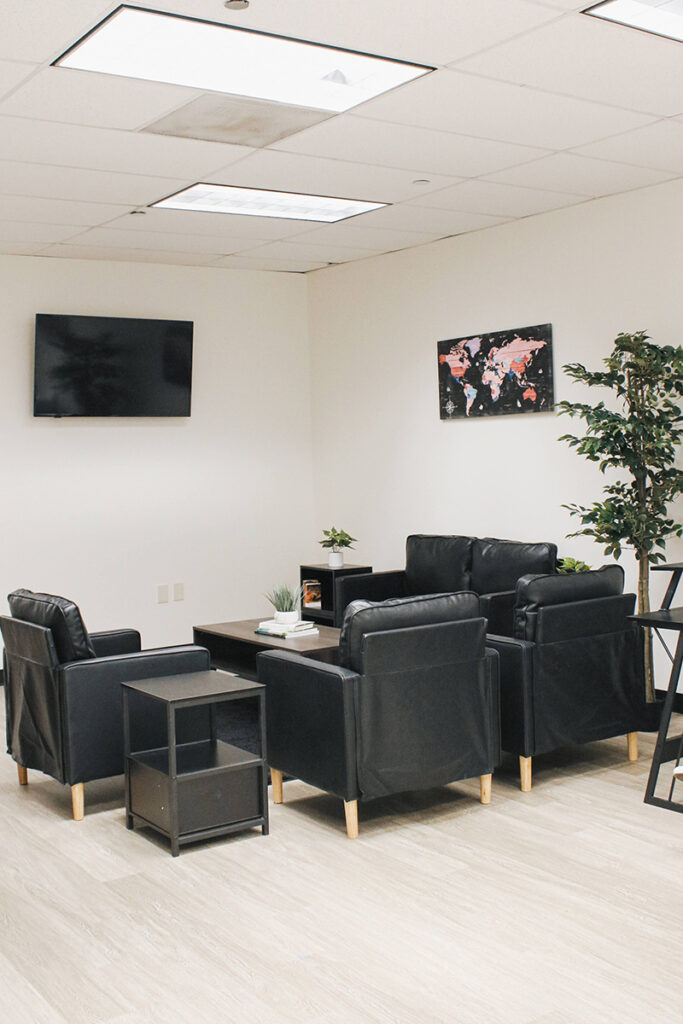
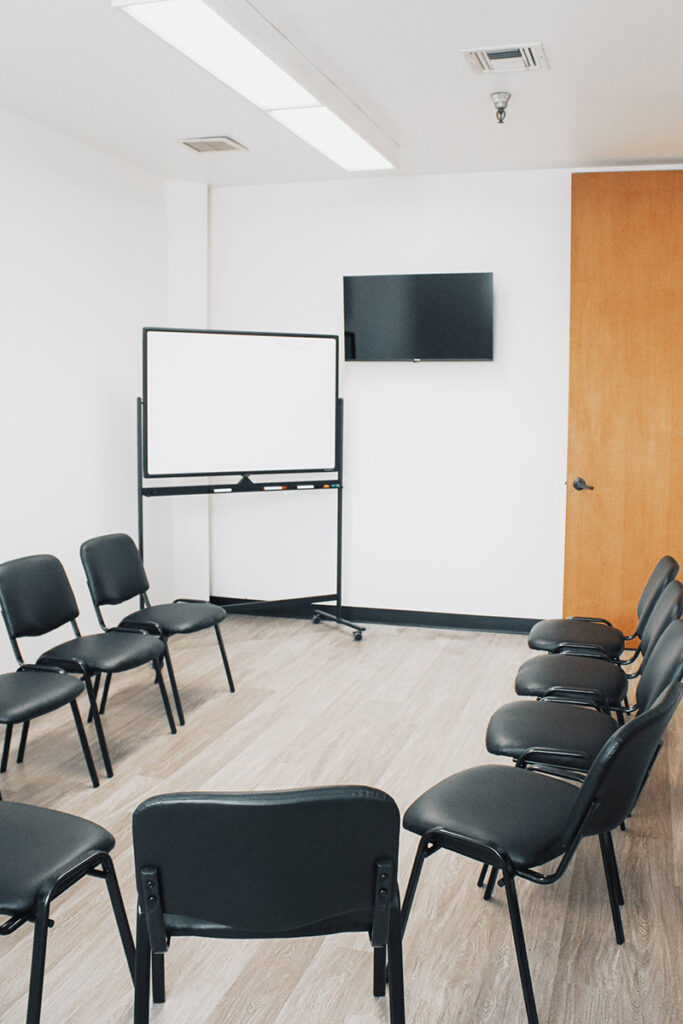
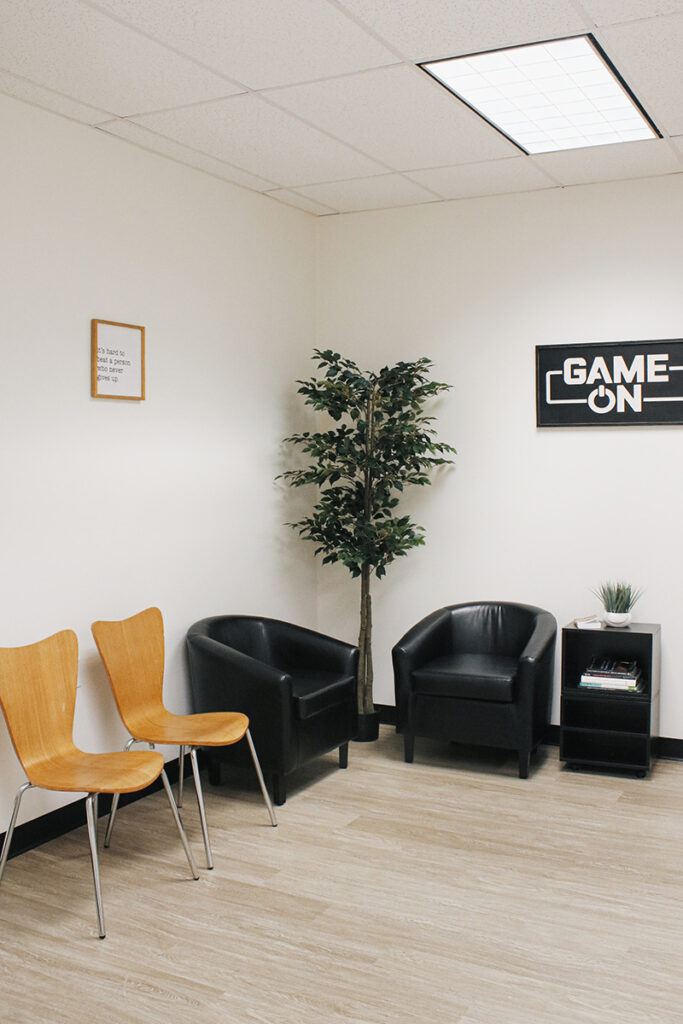
Get In Touch
Request a Callback
Addiction counselors are standing by and available any time, day or night. California Centers for Recovery operates 24 hours a day, 7 days a week, 365 days a year. Don’t hesitate, call today.
What to Expect from Our Dual Diagnosis Treatment Program
Evaluation and Detox
When you come to our center, you will meet with our mental health counseling staff to assess your general comfort levels, your mental health history, and your past and present substance use. After establishing a treatment plan that will help you overcome addiction and manage your mental health, you’ll enter a detox program as needed. Detox will help you safely and comfortably manage any withdrawal symptoms after quitting drugs or alcohol.
Rehab and Therapy
When detox is complete, you will participate in a variety of therapy programs, including:
- Private one-on-one therapy
- Cognitive-behavioral therapy (CBT)
- Physical exercise
- Group therapy
- Stress management
- 12-step recovery
- Nutritional counseling
Our therapy programs are designed to identify and alter negative thinking patterns and behavioral conditioning. When these are identified, our counseling staff will give you the tools to implement healthier coping skills.
When you undergo our dual diagnosis treatment program, our programs offer you the time and space needed to address the complexities of your dual diagnosis. While many treatment centers offer programs that last 30 days, that time frame may not allow clients to work through their underlying issues fully. Our accredited dual diagnosis programs in Southern California last 60-90 days or even longer.
FAQs
During the admissions process, our patients meet with mental health counselors. This initial appointment on the very first day of treatment is a brief one. This is merely an opportunity to assess comfort levels and determine the expectations a person has when entering detox.
Therapy in dual diagnosis treatment is designed to:
- Alter negative and self-defeating thought patterns
- Identify negative forms of behavioral conditioning
- Teach new and healthier coping skills
- Provide many other benefits that promote success in recovery.
Our therapists are adept in identifying and diagnosing mental health issues and can prescribe medications or define multi-pronged treatment plans for managing, mitigating, and minimizing their symptoms. Each person is assessed and treated according to individual symptoms and needs. For high-risk patients, medications for managing mental health disorders are strictly limited to drugs and drug classes that do not have addictive properties.
- Process past traumas
- Deal with unresolved guilt or grief
- Learn to identify their triggers
- Consciously balance their emotions
- Choose healthy and supportive relationships and environments
Heal in Our Dual Diagnosis Treatment Program in Los Angeles, CA
Coming to grips with a dual diagnosis can create feelings of hopelessness, frustration, and even anger. If you are struggling with a dual diagnosis, help may seem out of reach. Fortunately, California Centers of Recovery has a dual diagnosis treatment program that can be tailored to fit your needs. We offer a wide range of evidence-based programs that will give you the tools and support you need for the long term.
Call us at 877.328.5682 or contact us online today for more information on the benefits of our dual diagnosis and other programs. Begin your journey and healing with the help of the best dual diagnosis treatment center in California.
